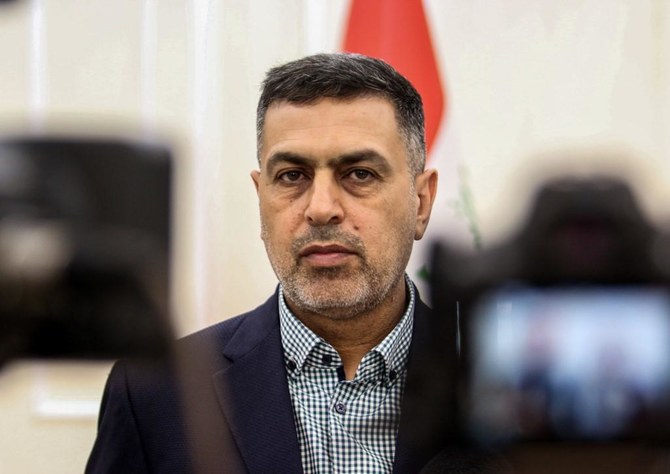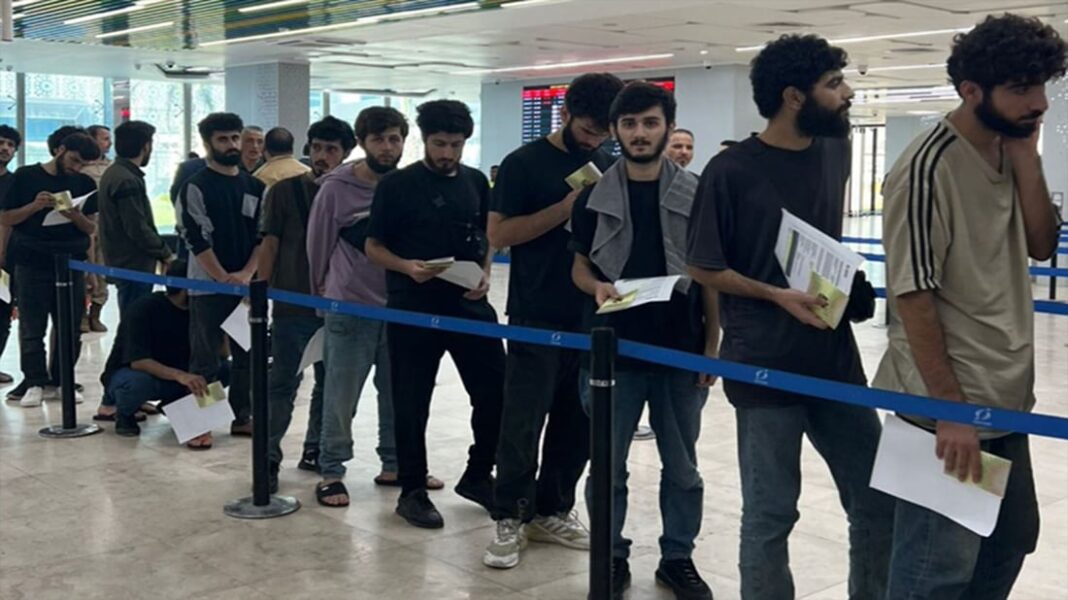Basra’s political influence has become a central topic ahead of Iraq’s November 11 parliamentary elections. Governor and Al-Tasmim Coalition leader Asaad Al-Eidani argued that Basra deserves to produce the next prime minister. He stressed that Basra political influence now extends beyond local governance into shaping national decisions.
In an interview with Dijlah TV, Eidani cited the province’s growing infrastructure and economic development as evidence of readiness for higher political roles. He highlighted improvements at Basra’s border crossings, claiming they surpass the roads found in neighboring countries. “Basra deserves to have the prime minister come from it,” Eidani stated, emphasizing that local progress translates into national leadership potential.
Reflecting on his coalition’s previous electoral performance, Eidani noted, “In the Basra provincial council elections, we won 12 out of 22 seats. We aim to achieve a similar result of 25 seats allocated to Basra in the federal parliament this term.” This statement underscores the coalition’s confidence in leveraging Basra political influence during upcoming elections.
Eidani described Basra as “the main pillar of Iraq’s rise” and stressed that the governorate now holds a key role in Shia political decision-making. He also discussed the Coordination Framework, “does not represent a Shia consensus due to the absence of the Sadrist Movement.” Influential cleric Muqtada Al-Sadr has boycotted politics since June 2022, withdrawing all 73 Sadrist lawmakers from parliament and rejecting the current election cycle.
Turning to national politics, Eidani emphasized that discussions about a second term for Prime Minister Mohammed Shia Al-Sudani should occur only after elections. Al-Sudani became prime minister in October 2022 following a prolonged political deadlock after the 2021 elections. His government emerged from a consensus among the Coordination Framework, Kurdish, and Sunni blocs.
Ahead of this year’s elections, Al-Sudani launched the Reconstruction and Development Coalition. Some members predicted they could win as many as 100 seats. However, Al-Sudani’s own Al-Furatayn Movement won only one seat in 2021, later rising to three after the Sadrist resignations.
In his interview, Eidani also stressed Iraq’s broader progress under his leadership. He claimed the province built more schools and hospitals than previous regimes and highlighted the performance of Shia professionals. He praised his relationships with Tehran and Washington and warned against those claiming the Baath could return.
Eidani predicted the next government’s formation would be quick, unlikely to exceed three months. He emphasized that Basra now has the authority to make its own decisions compared to previous governments. The governor’s statements reflect a growing confidence in Basra political influence, signaling that the province is increasingly shaping national policy.
Overall, Basra political influence remains a focal point in Iraq’s upcoming elections. With coalition successes, infrastructure improvements, and strategic positioning, Basra appears poised to assert its role in forming the next government.



